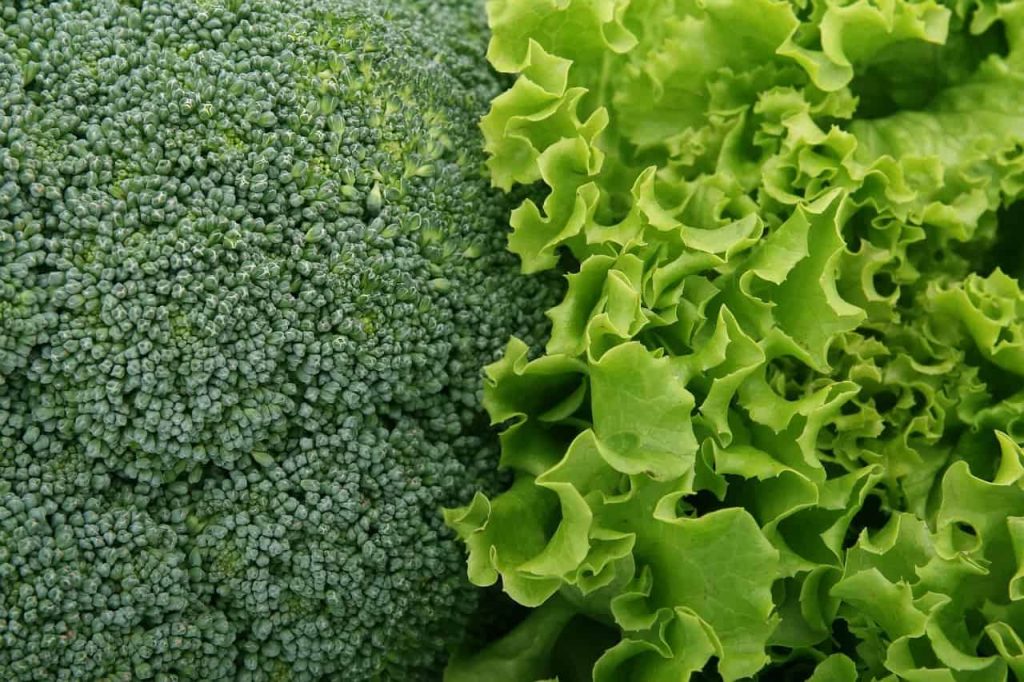
Organic gardening practices are gaining popularity as more people seek healthier food options and environmentally friendly solutions. Are you tired of superindustry produce treated with pesticides and lacking in nutrients? Do you dream of growing your own delicious, wholesome vegetables and herbs? Organic gardening offers the answer! By adopting organic methods, you can create a thriving garden while minimizing your environmental impact and maximizing the health benefits for your family. This article will explore the numerous benefits of organic gardening, covering everything from soil health to pest management, empowering you to make informed decisions and start your own achievementful organic garden.
The Environmental benefits of Organic Gardening
Reduced Chemical Pollution
Organic gardening avoids synthetic pesticides and fertilizers, significantly reducing the pollution of soil, water, and air. These chemicals can harm beneficial insects, contaminate groundwater, and contribute to air pollution. By choosing organic methods, you actively protect the environment and preserve biodiversity. Studies have shown that organic farming practices can significantly reduce greenhouse gas emissions compared to conventional agriculture. [Insert citation 1]
Soil Health Improvement
Organic gardening focuses on building healthy soil through composting and cover cropping. This improves soil structure, water retention, and nutrient cycling. Healthy soil is crucial for plant growth and overall ecosystem health. Organic matter in the soil acts as a sponge, retaining water and reducing the need for frequent watering. This is particularly beneficial in drought-prone areas. [Insert citation 2]
Biodiversity Enhancement
Organic gardens attract a wider variety of beneficial insects, birds, and other wildlife, creating a more balanced ecosystem. This natural pest control reduces the need for chemical interventions and fosters a more vibrant and sustainable environment. For example, ladybugs are natural predators of aphids, a common garden pest. By encouraging their presence in your garden, you can reduce or eliminate the need for chemical pesticides.
Water Conservation
Organic soil management practices often lead to improved water retention, reducing the amount of water needed for irrigation. This is particularly crucial in regions facing water scarcity. Healthy soil holds more moisture, meaning you water less frequently and conserve this precious resource.
Health benefits of Organic Gardening Practices and Homegrown Food
Pesticide-complimentary Produce
Organic gardening ensures that your fruits, vegetables, and herbs are complimentary from harmful pesticide residues. These residues have been linked to various health problems, including endocrine disruption and cancer. By choosing organic, you protect your family’s health and well-being.
Nutrient-Rich Food
Studies suggest that organically grown food often contains higher levels of certain vitamins and minerals compared to conventionally grown produce. This is partly due to the healthier soil and the absence of chemical fertilizers that can deplete soil nutrients. [Insert citation 3]
Enhanced Flavor and Quality
Many gardeners report that organically grown produce tastes better and has a superior texture compared to conventionally grown counterparts. This difference is often attributed to the natural growing conditions and the absence of chemicals that can affect the flavor profile of plants.
Reduced Exposure to Harmful Chemicals
By avoiding the use of pesticides and herbicides, you significantly reduce your exposure to potentially harmful chemicals. This is particularly crucial for children and those with sensitive health conditions.
The Economic benefits of Organic Gardening
Reduced Food Costs
Growing your own organic food can significantly reduce your grocery bill, especially if you focus on growing staple crops. While initial investment might be needed for seeds, tools, and soil amendments, the long-term savings on groceries can be substantial.
boostd Self-Sufficiency
Organic gardening promotes self-sufficiency by providing a source of fresh, healthy food directly from your garden. This reduces reliance on commercial food systems and boosts your ability to offer for your family’s needs.
Potential for Income Generation
If you have a surplus of organically grown produce, you can sell it at farmers’ industrys, community gardens, or online platforms. This creates a potential income stream and supports local economies.
Long-Term Investment
Investing in organic gardening is a long-term investment in your health, the environment, and your financial well-being. The benefits extend far beyond the immediate harvest.
Practical Tips for Organic Gardening
Soil Preparation: Start with a soil test to understand its composition and nutritional needs. Amend your soil with organic matter like compost to improve its structure and fertility.
Choosing the Right Plants: select plant varieties suitable for your climate and soil conditions. Start with easy-to-grow options like lettuce, herbs, and tomatoes to gain confidence and experience.
Pest and Disease Control: Use natural pest control methods such as companion planting, introducing beneficial insects, and using organic pest control products.
Watering and Fertilizing: Water regularly, especially during dry spells. Use organic fertilizers such as compost tea or manure tea to offer essential nutrients to your plants.
Harvesting and Preservation: Harvest your produce at the optimal time for peak flavor and quality. Explore varied preservation methods such as canning, complimentaryzing, or drying to extend the shelf life of your harvest.
Getting Started with Organic Gardening
Organic gardening might seem daunting at first, but starting small can help build confidence and experience. Begin by creating a small raised bed or container garden. You can start with easy-to-grow herbs or vegetables. Many online resources and local gardening groups can offer valuable information and support. As you gain experience, you can gradually expand your garden and experiment with varied techniques. Remember, organic gardening is a journey, not a destination. Enjoy the process of learning and growing along the way!
In summary, embracing organic gardening practices offers a multitude of benefits, from healthier food to a thriving ecosystem. By reducing your reliance on harmful chemicals and embracing sustainable methods, you contribute to a healthier planet and a more vibrant garden. Start your organic gardening journey today! Experiment with varied techniques, learn from your experiences, and enjoy the rewards of fresh, healthy produce grown with care for the environment. You’ll find it’s a rewarding and enriching experience.
